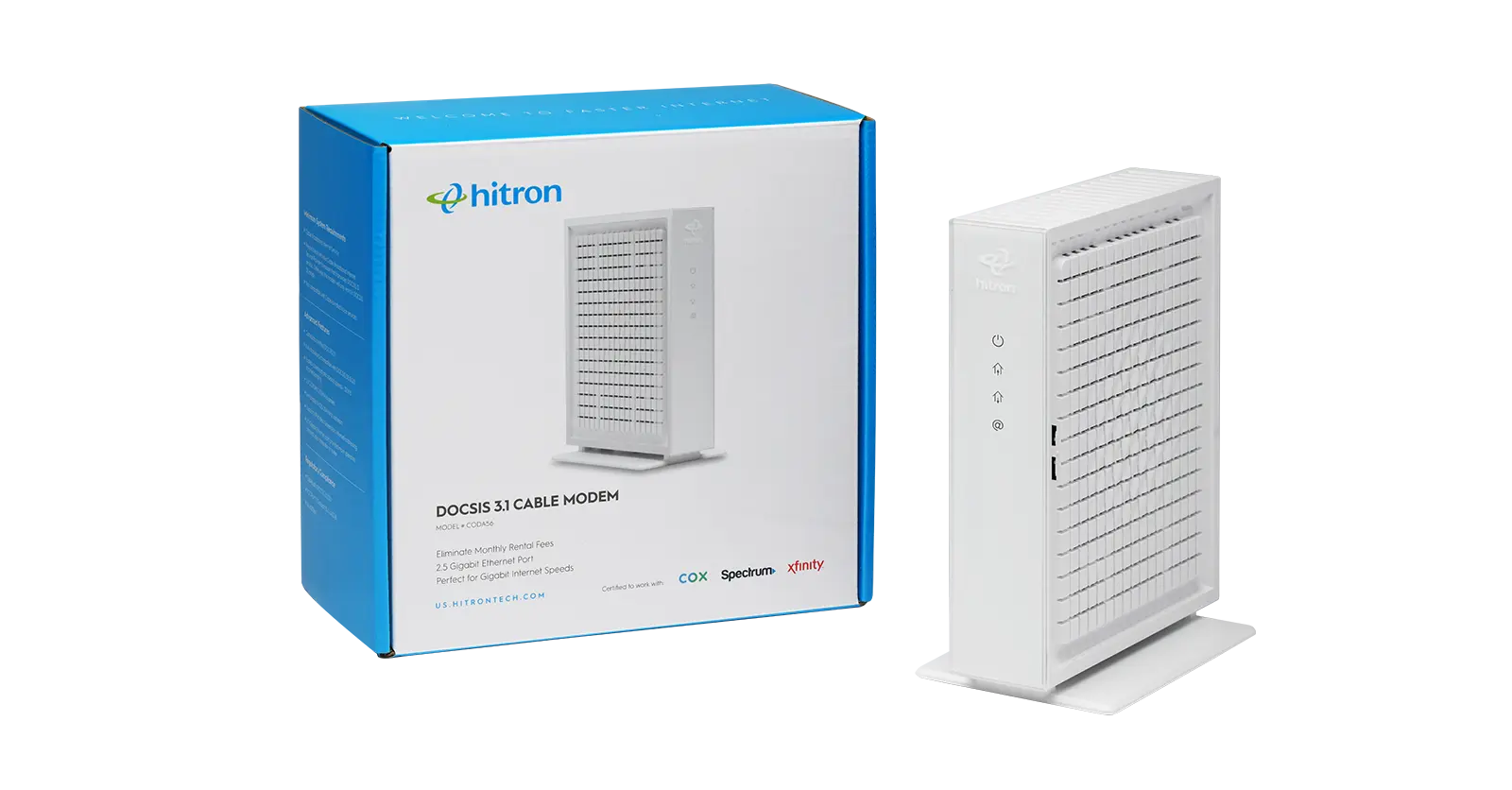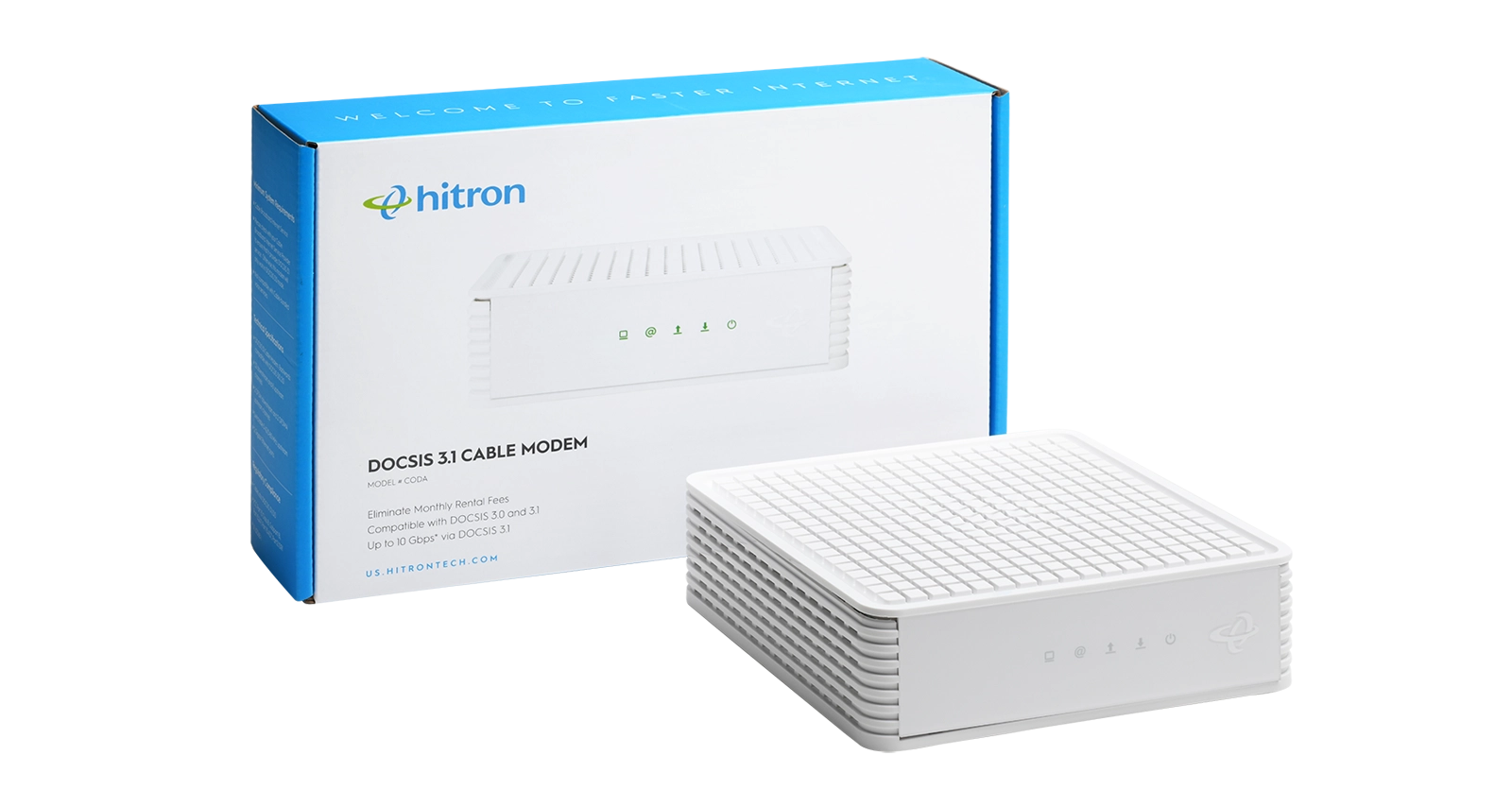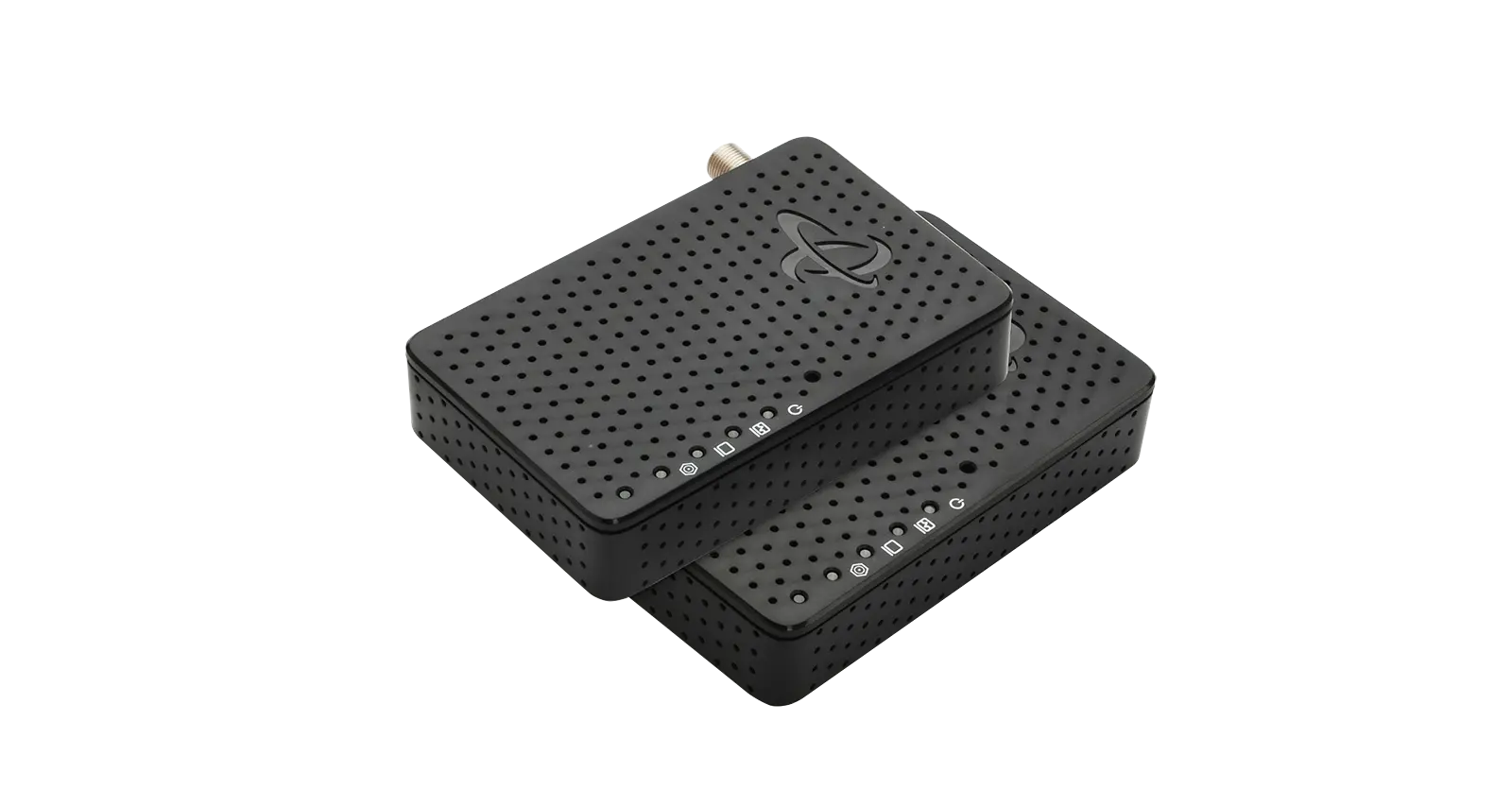If you’re like most people, you probably use WiFi to connect your devices to the internet at home. However, did you know that there are some advantages to using a wired connection rather than WiFi? We’ll explain why.
WiFi Can be a Trade-off
When we use WiFi to connect our devices, we’re making a trade-off. WiFi isn’t always as fast or reliable as a wired connection.
But for many of us, the convenience of not being tethered to a physical network seems worth it.
After all, a wireless connection allows us to break free from a physically tethered network, making it possible to do all sorts of useful and fun things, such as backyard laptop use to working from home and streaming video.
Let’s face it, WiFi has made technology in our lives more convenient.
So why do we use WiFi?
Because it’s quick and convenient – a habit, if you will.
WiFi is not as fast as Ethernet. It has higher latency. And too many devices connected to a WiFi network can create congestion and connectivity issues.
But just because WiFi is the more convenient option doesn’t mean it’s always the best choice.
For devices that need a fast and reliable connection, a wired connection is the best way to go.
There are times when you shouldn’t compromise on performance, and that’s where a wired connection comes in.
Advantages of A Wired
Here’s a look at why you might want to consider making the switch to a wired connection:
- For starters, a wired connection is faster than WiFi. If you’re using a lot of bandwidth-heavy devices, such as streaming 4K video or gaming online, you’ll probably notice a difference in speed.
- A wired connection is also more reliable than WiFi. Because it’s a wired connection, there’s less interference and fewer dropped connections.
- A wired connection is more secure than WiFi. If you’re concerned about keeping your data safe, a wired connection is the way to go.
- Finally, a wired connection can improve your WiFi! That’s right! Taking the high-demand devices off of your WiFi network (like your PC or smart TV) and putting them on a wired network, reduces your WiFi network congestion.
A wired connection, such as Ethernet, is the way to go.
Devices You Should Connect to Ethernet
If you have a lot of devices that use a lot of internet bandwidth, you may want to connect them to your router with an Ethernet cable instead of using WiFi.
This will take some burden off your WiFi network and improve your overall connection speed.
Let’s take a look at some devices that work well when connected to a wired network.
Media center devices -This would include your smart TV, gaming consoles, and streaming boxes. If they’re all in the same room as your modem and router, it’ll be easy to connect them with an Ethernet cable.
Home offices – If you have a PC, printer, or any other office gear in the same room as your modem and router, connect them to Ethernet. You’ll get much faster speeds than you would with WiFi.
How to Get Ethernet Everywhere Without Running Wires
Even if your rooms aren’t wired for Ethernet, you can still get it by connecting a Coax-to-Ethernet Adapter. Coax-to-Ethernet Adapters (also called MoCA Network Adapters) convert your existing coax TV wiring into a Gigabit Ethernet connection. It’s like creating a bigger pipe for your bandwidth-hungry devices to operate over.
This will allow you to route data signals over your home’s cable TV wires. It’s a fast and easy way to get gigabit speeds without running any new cables.
You can link your basement router to your bedroom gaming setup with Gigabit speeds. It’s like having your whole house wired with Cat6, but you won’t have the hassle of running cables or patching drywall.
So, if you have devices that need a lot of bandwidth, connect them to a Coax-to-Ethernet Adapter. Coax-to-Ethernet Adapters are compatible with the majority of Ethernet devices.
Coax-to-Ethernet Adapters cost less than running Ethernet throughout your home, and will save you a ton of hassle and time. Simply plug in the Adapter to your Ethernet device and you are ready to go.
Easily create an extremely fast, Gigabit network backbone for all of your Ethernet devices. Hitron’s HTEM4 Coax-to-Ethernet Adapters are available for purchase at Amazon.
Need more information on Coax-to-Ethernet Adapters or MoCA Networks? Check out additional articles found under Hitron’s Learn section or our Blog.


